Service Industries: Leadership & Management - Wa-Pila Hotel Analysis
VerifiedAdded on 2023/01/23
|17
|970
|98
Report
AI Summary
This report provides an overview of leadership and management theories applicable to service industries, focusing on classical management theories such as bureaucratic, administrative, and scientific management. It examines the organizational culture of Wa-Pila hotel, detailing power, role, task, and person cultures. The report also discusses the roles of leaders and managers, highlighting their responsibilities in identifying goals, creating strategic plans, monitoring tasks, and evaluating performance. Specific leadership styles, including autocratic and democratic styles, are analyzed, with an emphasis on the democratic style adopted by Wa-Pila hotel. A comparison between management and leadership styles is presented, concluding that effective leadership and management are crucial for success in the service sector. The report references academic sources to support its analysis and findings.
1 out of 17
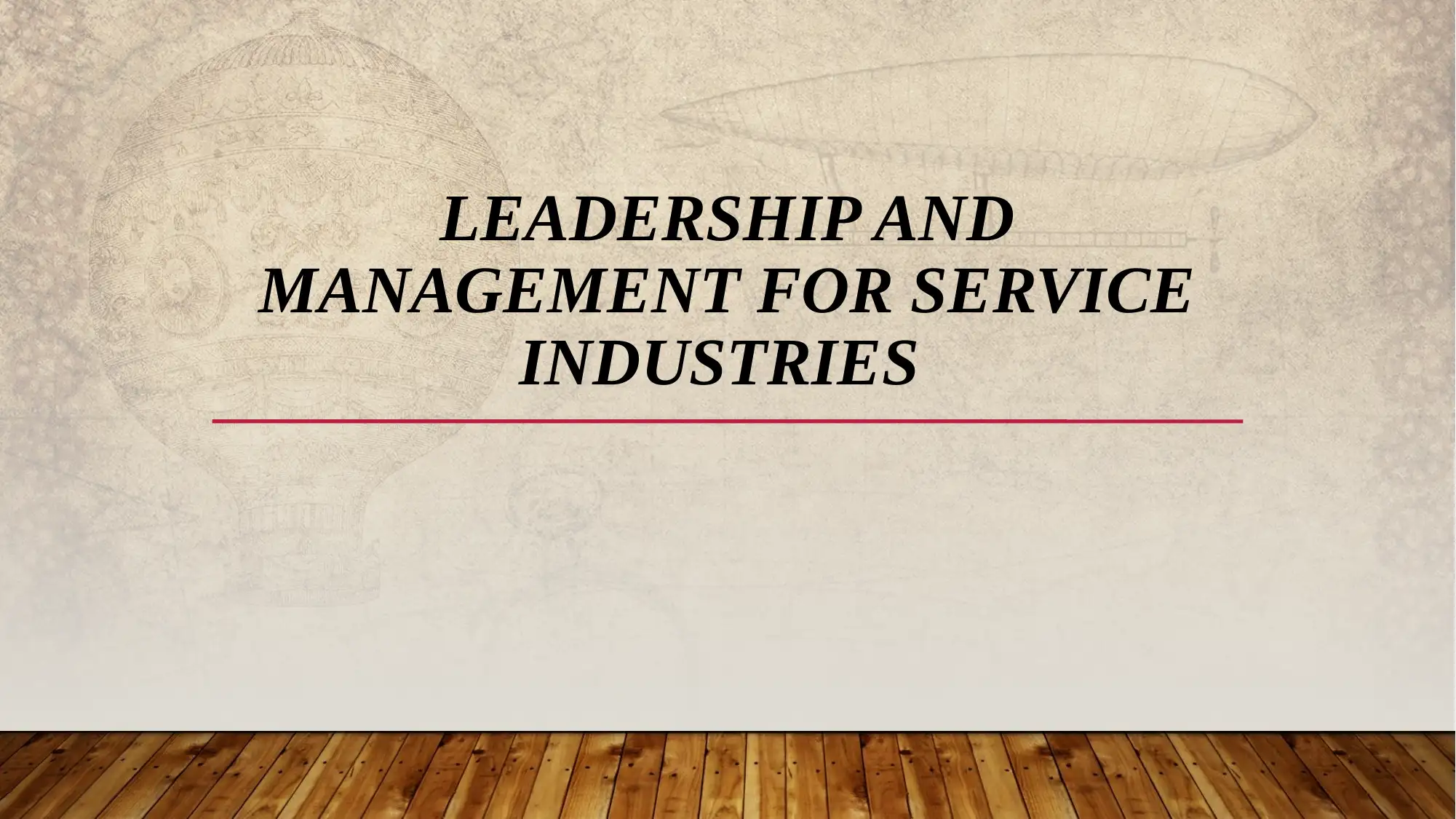
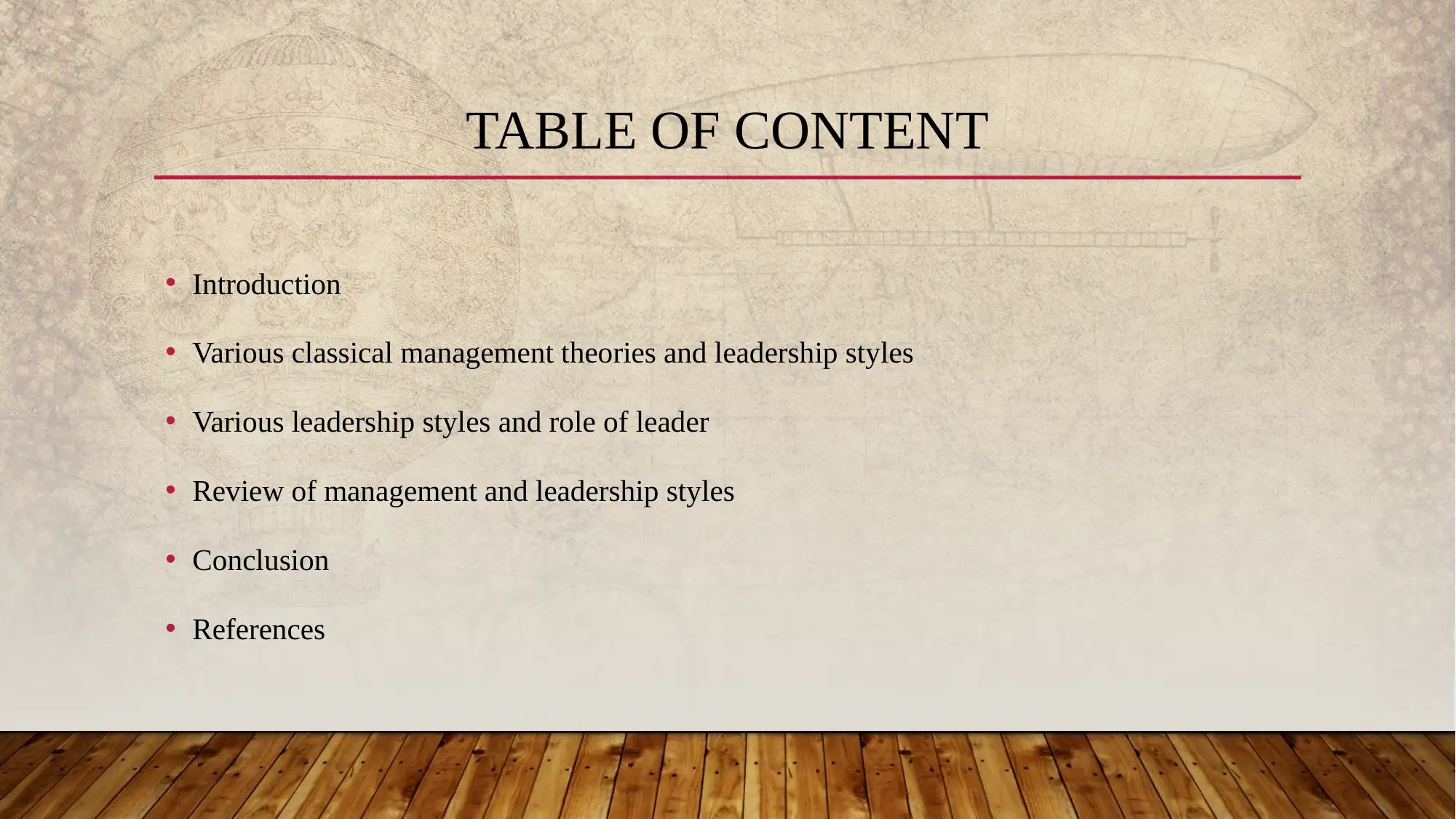
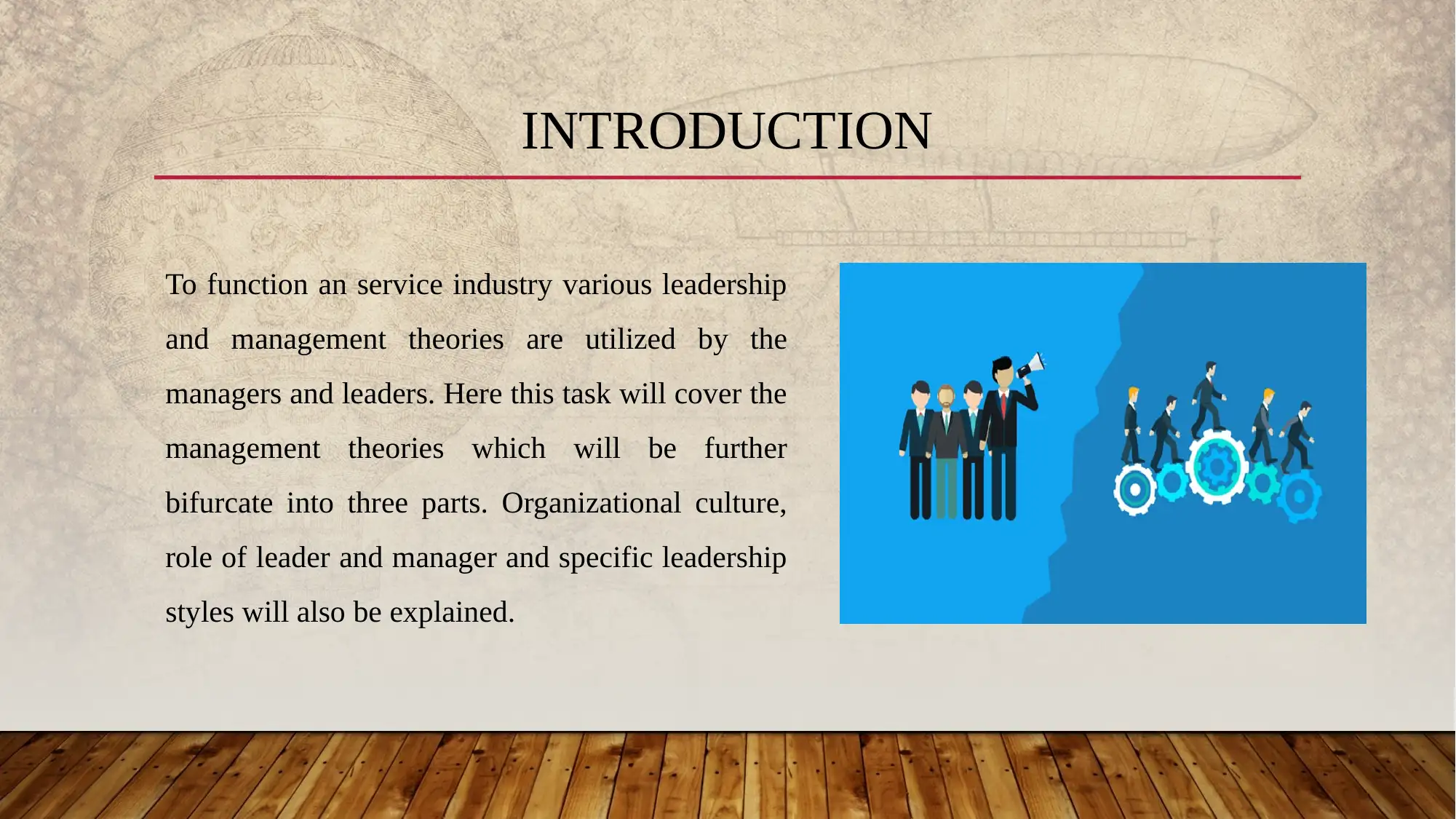

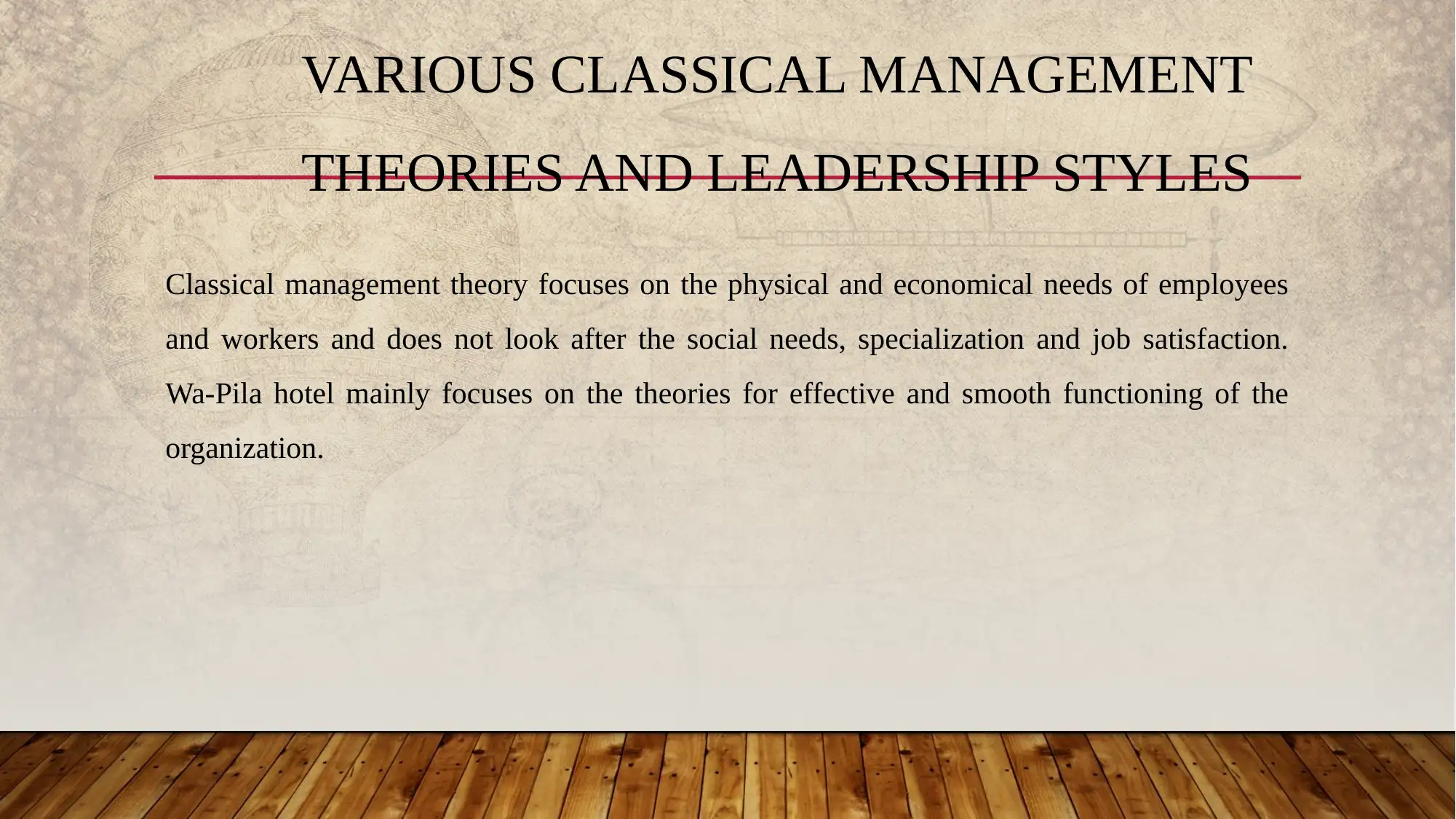
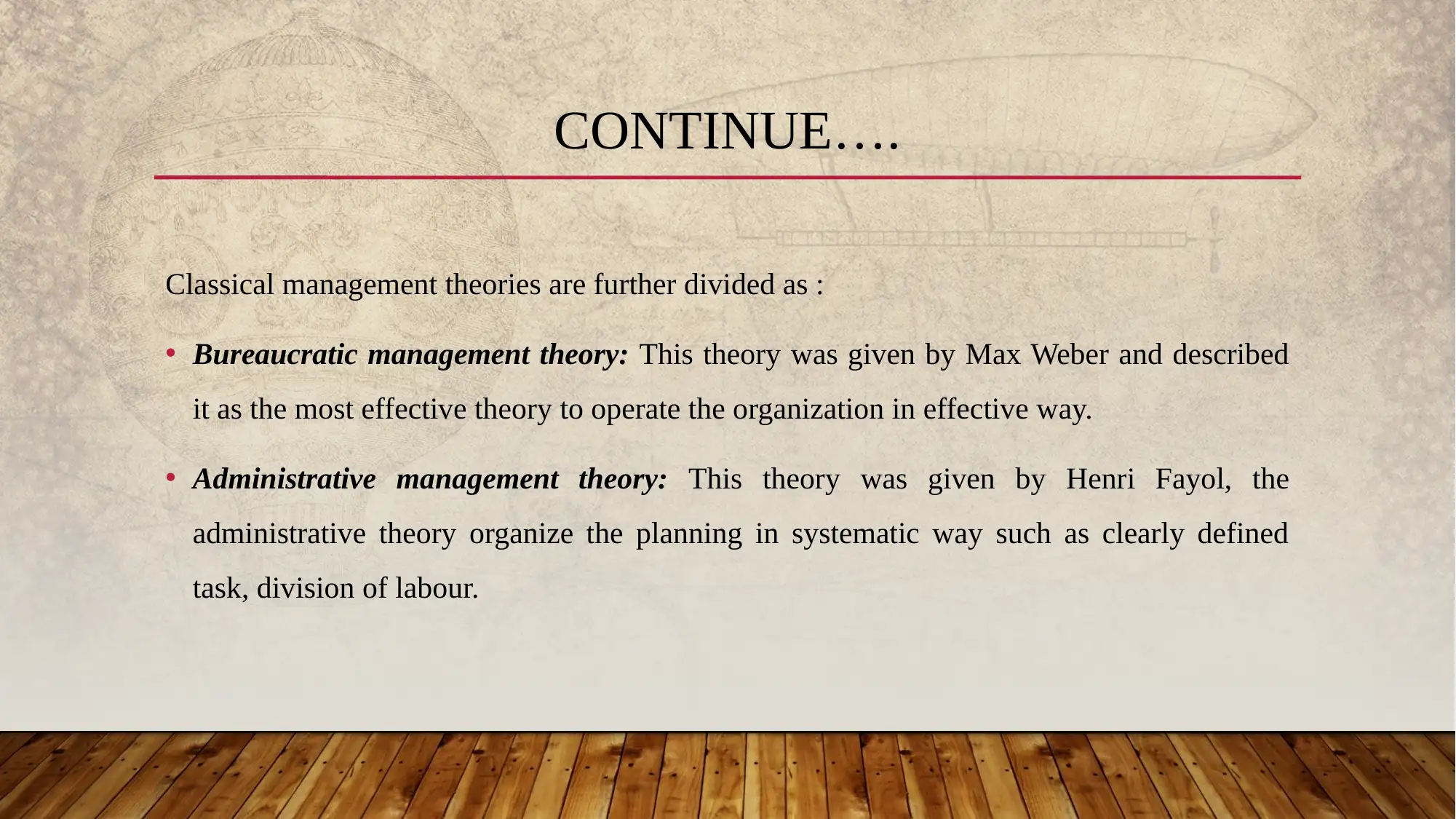
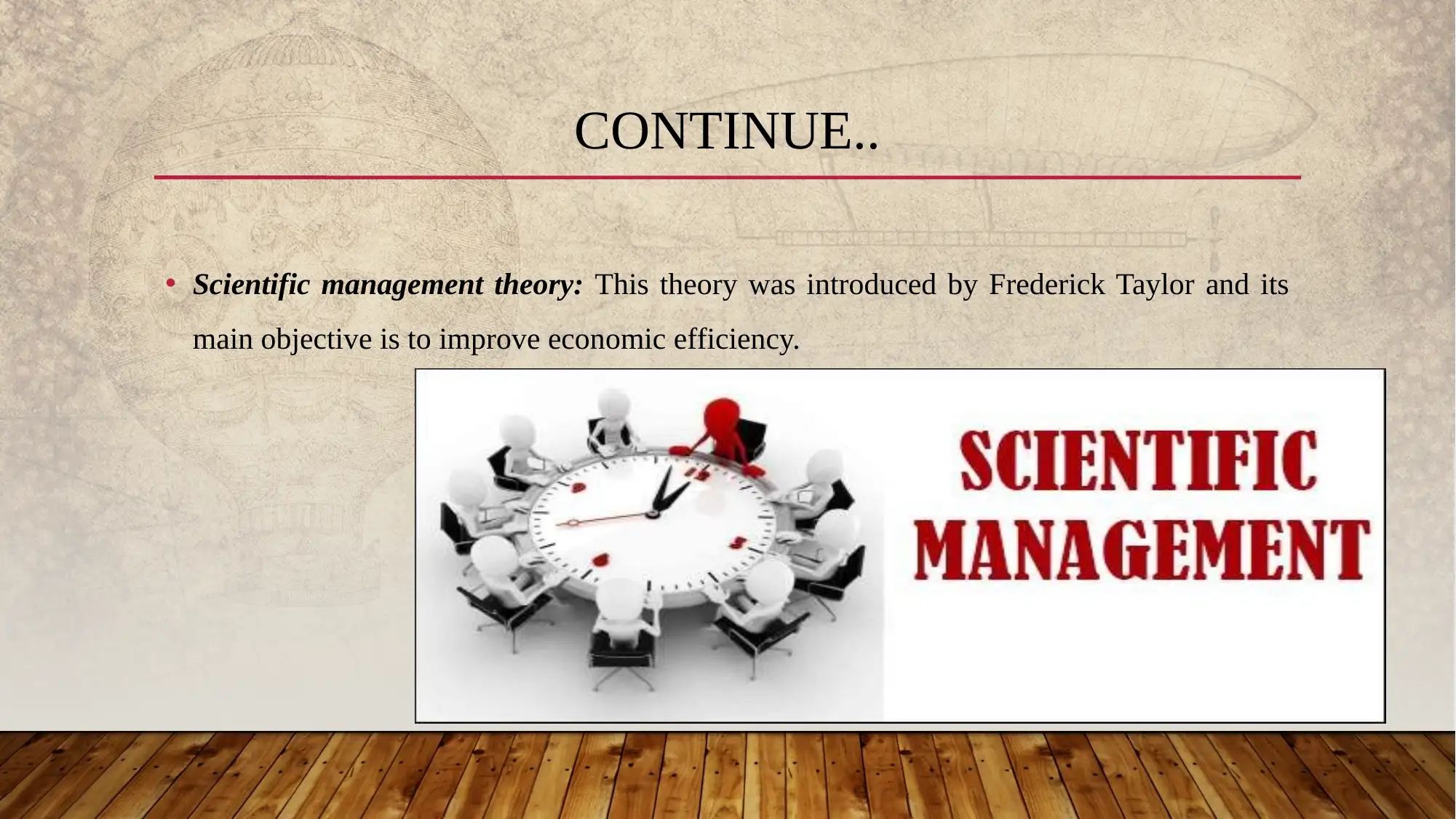
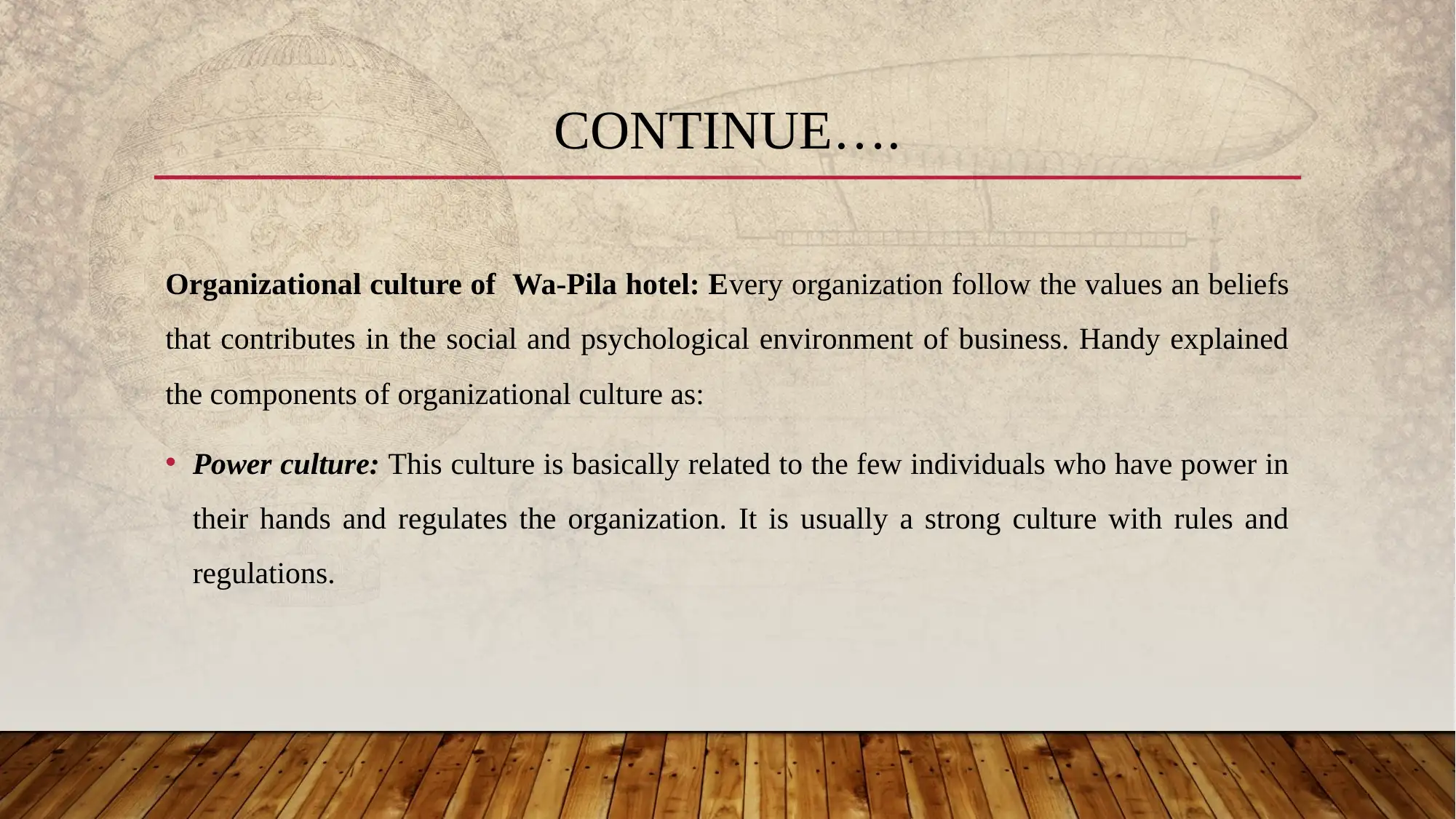
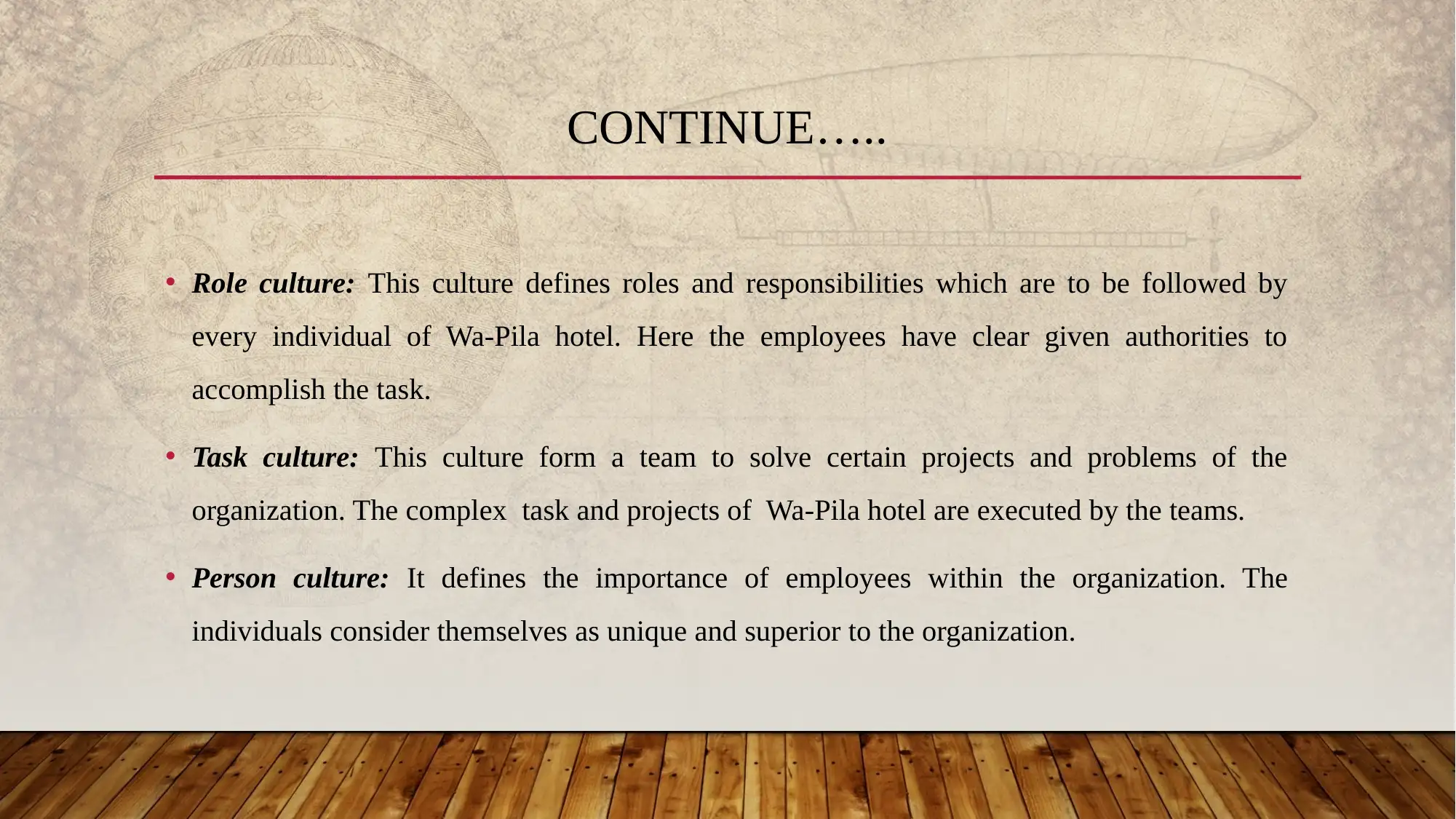
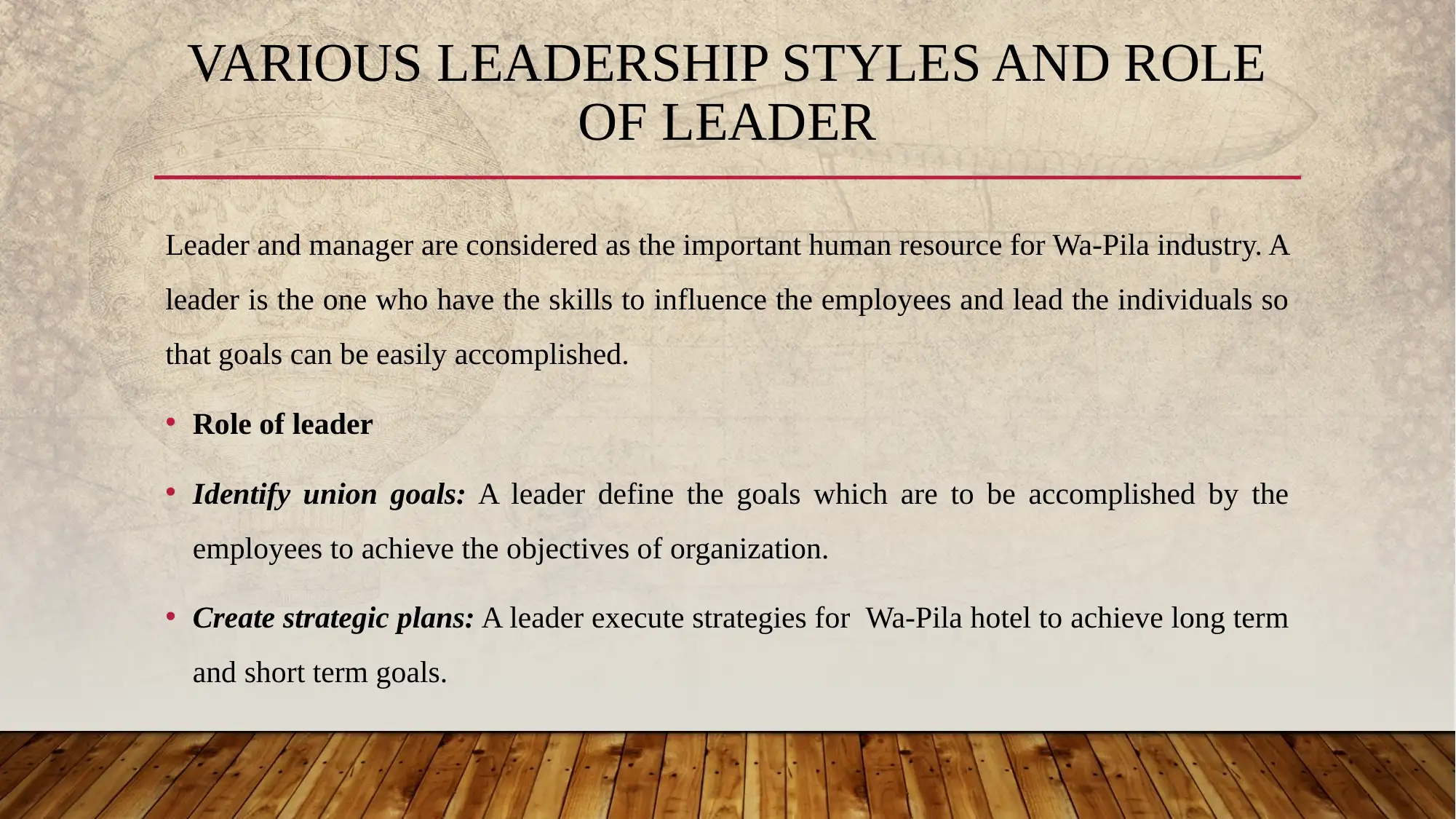

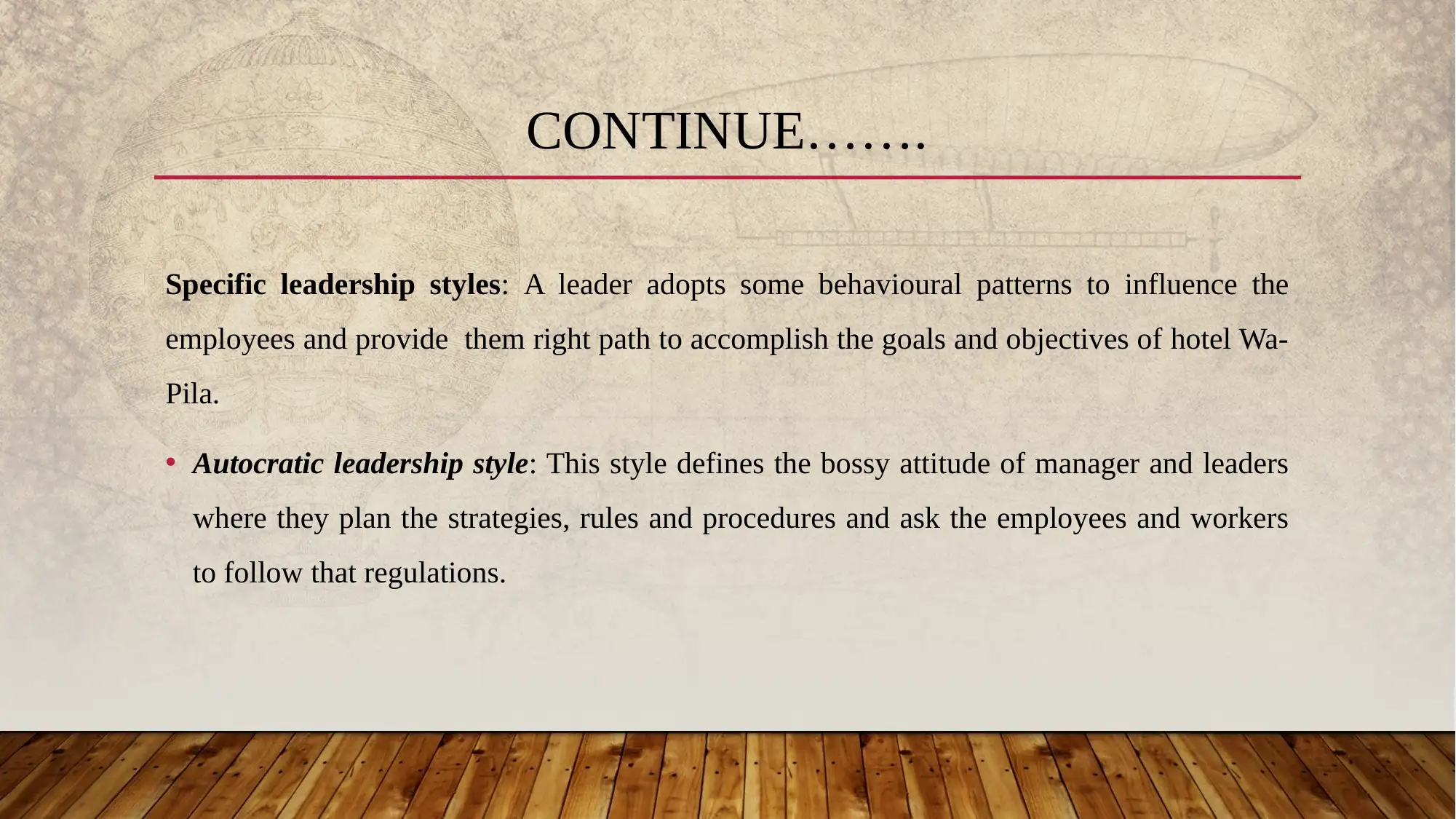
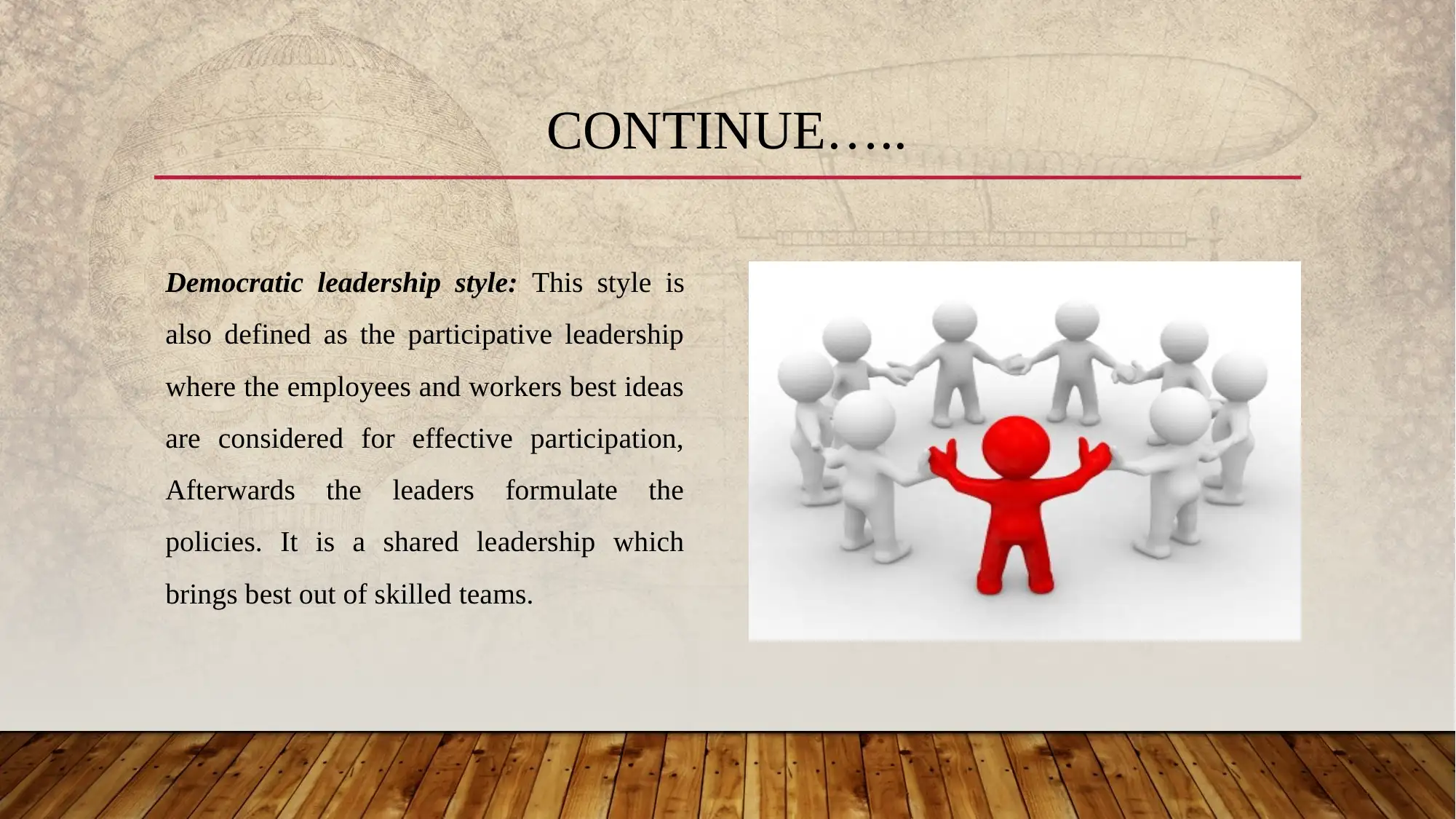






![[object Object]](/_next/static/media/star-bottom.7253800d.svg)